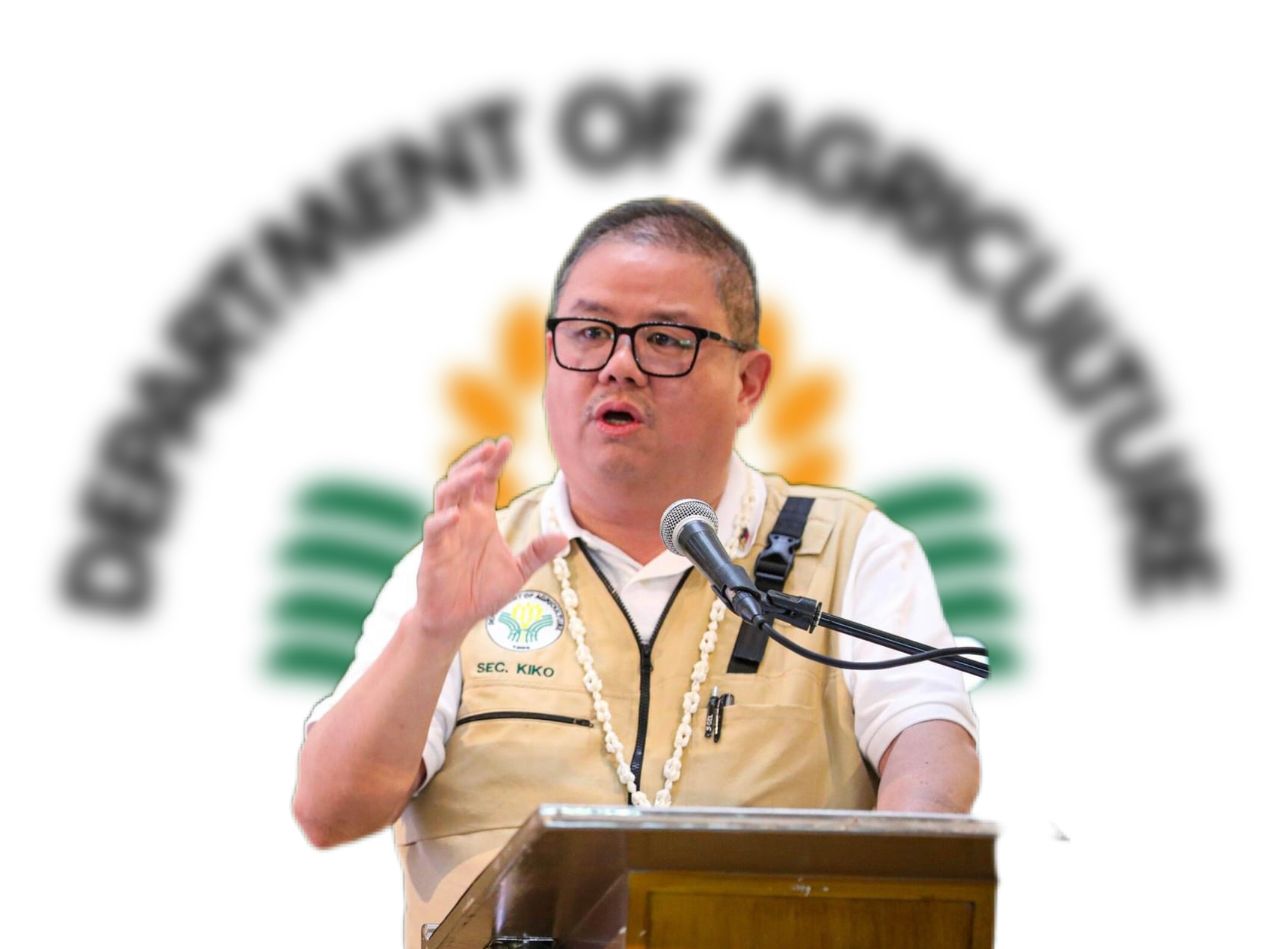PH prioritizes abaca, bamboo, mango, seaweed to boost global sustainable agriculture
By Jel Santos

The Philippine government is putting its focus on four key agricultural commodities—abaca, bamboo, mango, and seaweed—as part of its effort to contribute to global sustainable agriculture, Department of Agriculture (DA) Secretary Francisco Tiu Laurel Jr. bared during the 2024 World Food Forum in Rome.
The four products are considered vital in supporting local economies, generating employment, and promoting sustainable development, according to Laurel.
In the forum, Laurel underscored the importance of abaca, bamboo, mango, and seaweed to the Philippines’ agricultural agenda, as well as their alignment with the Food and Agriculture Organization (FAO’s) goals of transforming global agri-food systems to be more resilient and sustainable.
“We are targeting these commodities because they are not only environmentally sustainable but also economically impactful. They represent opportunities for job creation, sustainable livelihoods, and regional development,” Laurel said
The four commodities, he said, were specifically chosen for their potential to attract investment and align with global trends in sustainable and regenerative agriculture.
Global alignment in agri
Laurel told FAO officials that the Philippines’ strategic investment plan, which centers on these commodities is part of the government’s broader agricultural development strategy.
The plan, which was presented by Laurel, seeks to leverage international cooperation to advance the production and processing of abaca, bamboo, mango, and seaweed in ways that align with international sustainable agriculture practices.
For his part, FAO Director-General Qu Dongyu in Rome expressed support for the Philippines’ focus on these sectors, particularly the potential for abaca and bamboo to contribute to climate change mitigation through carbon sequestration.
He stressed FAO’s commitment to continuing its collaboration with the Philippines, particularly in accessing multilateral funds, such as the Pandemic Fund under the World Bank, to further boost these initiatives.
“FAO stands ready to continue supporting the Philippines in building resilient agricultural systems that can withstand health and climate-related crises,” Qu said.
Sustainable commodities to boost local economies
The agriculture department said the four commodities at the heart of the Philippines’ strategy are particularly promising for their environmental and economic contributions. Abaca, long recognized as one of the country’s leading exports, is integral to global markets for biodegradable products like ropes, textiles, and paper.
Bamboo, another sustainable resource, is increasingly being recognized for its wide range of uses, from construction materials to carbon sequestration.
Mango, a high-value fruit for both domestic and international markets, provides a significant source of income for Filipino farmers.
Meanwhile, seaweed, a staple in food and industrial applications, plays a key role in coastal community livelihoods.
“We are keen to develop our agriculture sector through increased trade and investment. The Philippines is dedicated to creating sustainable livelihoods for our farmers and fisherfolk,” said Laurel.
As such, the DA chief pointed out that expanding these sectors will help the country meet its agricultural targets, create jobs, and promote long-term economic growth, especially in rural areas.
Challenges, solutions
Despite these promising developments, Laurel acknowledged that the Philippine agriculture sector still faces significant challenges, including the impact of natural disasters, agricultural smuggling, and fragmented supply chains.
To address these, he said the Philippine government has increased its agriculture budget to ₱167.5 billion, with investments focused on infrastructure such as irrigation, cold storage, and farm-to-market roads, along with direct support for farmers.
“These sectors are our way forward in ensuring not just food security, but also sustainability in our agricultural practices. We welcome FAO’s continued support as we work to overcome these hurdles and ensure the long-term prosperity of our agricultural communities,” Laurel stated.
The talks between the Philippine agriculture secretary and FAO’s director-general reaffirmed the robust partnership between the Philippines and FAO, featuring 19 active projects valued at $41 million.